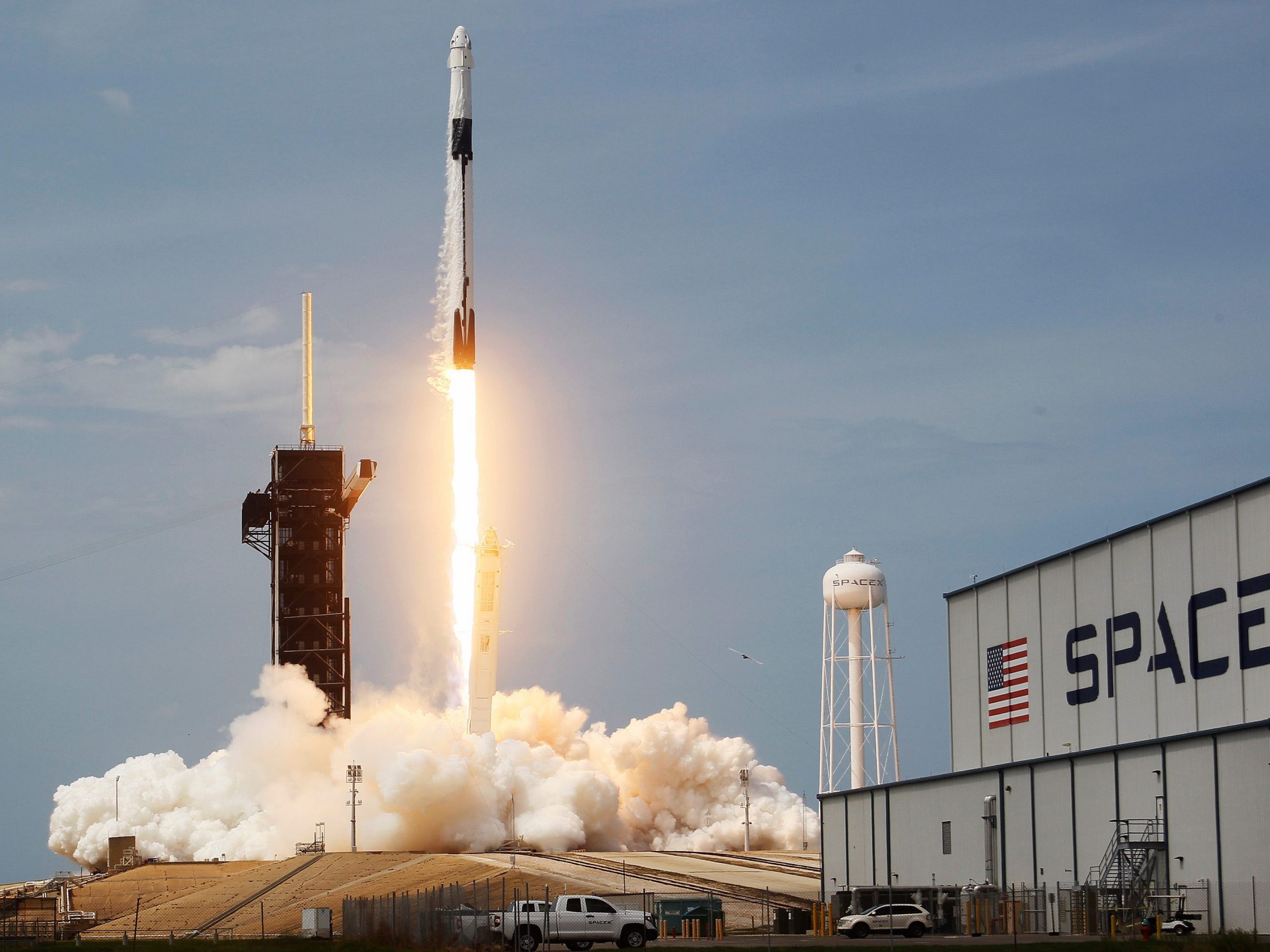- Bank of America said it expects the space industry to grow by over $1 trillion in the next decade in an October research note.
- Bank of America’s equity analyst Ron Epstein lays out the reasons why the industry is expected to grow and the challenges that lie ahead.
- Very few pure play space companies are available on the stock market. But investors can still gain exposure through these 14 stocks Bank of America tracks, Epstein said.
Investing in space can seem like a million miles away for most investors with the majority of pure play space organizations remaining private. However, over the years the space industry has grown more complex. There are significantly more providers of satellite equipment and services in addition to the expansion into new areas of the space market, such as space tourism.
A new research note from Bank of America explains why the space economy is likely to grow by $1 trillion in the next decade.
“In our view, the space economy will likely grow by over $1tn in the next decade alone. While the COVID-19 pandemic has led to delays in some public and private programs (Arianespace, Rocket Labs, ESA), the outbreak has not appeared detrimental to overall investment,” said Bank of America’s equity analyst, Ron Epstein, in the note.
The main drivers in growth will be increased spending from the United States Space Force, a branch of the Armed Forces that was established in 2019. The Department of Defense is expected to fund the space force.
“In the United States alone, defense spending has been steadily rising for the past 15 years, and the beneficiaries are mostly publicly traded and private companies,” Epstein said.
The proposed 2021 Department of Defense budget requested funding of over $15 billion for a new service branch, which was 385 times more than what was allocated to the space force this year, Epstein said.
"These figures could grow in the years to come, increasing the number of government contracts available to public and private space contractors," Epstein said.
The current Secretary of Commerce, Wilbur Ross, has remained focused on the vision of the US as a world leader in space commerce, according to Epstein's note. This makes US private and public companies well situated to meet those needs.
This is at the same time as when space technology is becoming more accessible, which is driving cost savings for companies. Epstein said "the reusability of first stage launch rockets as a major drive for cost savings across much of the commercial space sector."
SpaceX has become the poster child for cost savings and for what is possible for reusability in the industry.
"If the company's estimates are accurate, SpaceX will be able to save as much as $20mn per Falcon 9 launch by recovering the first stage boosters and fairings," Epstein said. " If a rocket completes 10 flights over its lifetime, the company will be able to save over $196mn given current price levels."
However, risks still remain in the space industry. The commercialization of the industry has led to an accumulation of space debris in the planet, Epstein said. This could raise concerns for investors who are focused on Environmental, Social and Corporate Governance issues.
Challenges of profitability and safety remain prominent too. This is why many of the pure-play space focused companies remain private because of the high risks and uncertain cash flows, Epstein said.
Despite this, many public companies remain exposed to the space industry. Here are the 14 companies that Bank of America tracks that have varying levels of exposure to the space industry.

